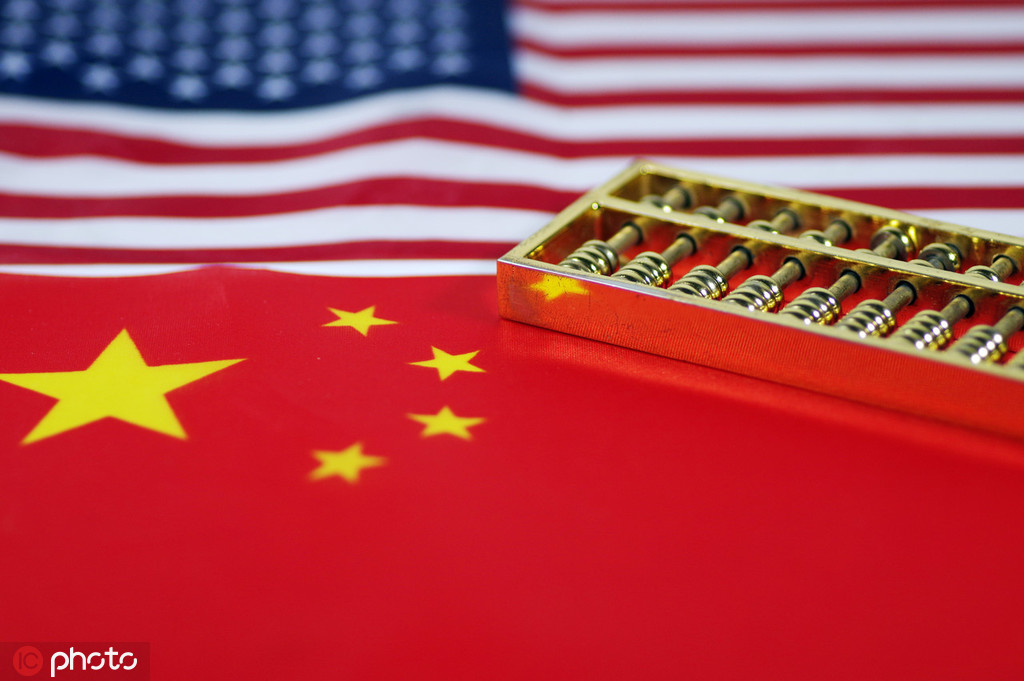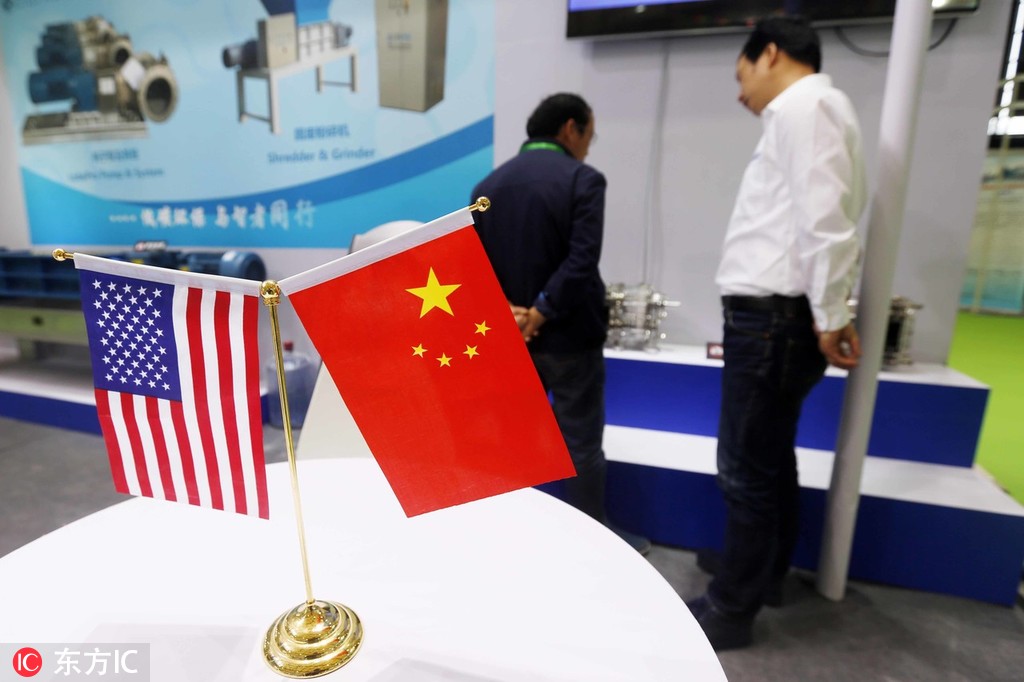Several issues that need to be further clarified about Sino-US trade frictions


Over the past year, the US government has unilaterally provoked and escalated economic and trade frictions with China, bringing negative impact on the bilateral economic and trade relations and the development of the global economy. During this rare dispute, voices from home and abroad have made a lot of statements, making the cause and the facts clearer. China-US economic and trade friction involves a lot of issues and it needs further clarification. Chinese believe in truth and are not afraid of clarification.
1. Is the Sino-US trade relationship a 'zero-sum game' ?
Some people in the US stirred up economic and trade friction with China for the one straightforward reason: they believed the US has lost profit during Sino-US trade, while China has benefited greatly from it, making its development a threat to the US' economic security, and even the national security. This view, which is full of Cold War bias, reflects the hegemony and "zero-sum game" thinking. Is Sino-US economic and trade relations a "zero-sum" or win-win game? The answer is clear both in theory and in practice.
During international economic cooperation, the trade relations are based on mutual beneficial exchange, rather than a 'zero-sum game' which one side benefits and the other loses. International trade can lead to the optimized allocation of global resources, the common development of all economies involved and the common progress of human society. The history of international trade and the trade between China and the US has proved that such practice is effective, and such practical experience has long been the basic principle of international economic study. Since the establishment of diplomatic relations between the two countries, bilateral trade in goods increased 252-fold, from less than $2.5 billion to $633.5 billion between 1979 and 2018.
In the past 40 years, two-way investment has grown from almost zero to over $160 billion, making the two countries a vital investment partner for each other. The history of Sino-US economic and trade relations proves that both countries have benefited in industrial development and optimization. The trade relations created a situation in which both parties won rather than one in which China progressed and the US lost out.

International trade as a whole can enhance the interest of participating parties, while the distribution of profit may vary from country to country. The international theory for value proves that in the global market, the value of commodity is decided by the necessary labor hours. While the exchange is made based on the international value system, the party with higher production efficiency will gain more advantage and gain more profit.
The exchanges are constantly repeated between countries at the larger and larger scale, but the profits of both sides may not necessarily the same. It goes without saying the US companies gain more profits through the international value chain since they are more efficient in production. In foreign trade, there was a saying that China needs to export hundreds of millions of shirts to equal the value of a Boeing airplane from the US. Such examples, shocking as they may seem, are reflections of the laws of trade.
For a long time, the US has had a monopoly position in currency, technology, market and even industry standards, thus it has gained profits higher than the normal level. US families and companies have also therefore benefited greatly from the valuable products from developing countries such as China. Of course, China has also benefited from Sino-US economic and trade through the hard work of its people, not because of ripping off the benefit from the US. At the same time, China is at the middle and lower end while the US is positioned higher in the global value chain. China has paid a greater price during the trade.
So why do some people in the US insist that the US has lost profit while ignoring the facts? The root lies in the hegemony and the "zero-sum game" thinking. After World War II, the US has surpassed its European counterparts and became the center of the capitalistic world system, and after the Cold War, it further became the world's unprecedented sole superpower. The hegemonism thinking was rooted deeply in their mindset. From the hegemonistic point of view, China's gain in any aspect was regarded as damage to the US' benefit, and China's progress in any field was seen as a threat to the US. In their opinion, it would only be fair and safe if China is locked in the dependent position to the US and at the lower end of the value chain. Thus, the US can forever be in a monopoly position with huge profits guaranteed. Once there raises the possibility of fair competition between the US and China, even through it's fair and mutually beneficial, it will fail to meet its hegemonic goal.
Under such ridiculous zero-sum game thinking, how could it be possible to build a normal Sino-US trade relationship?



































